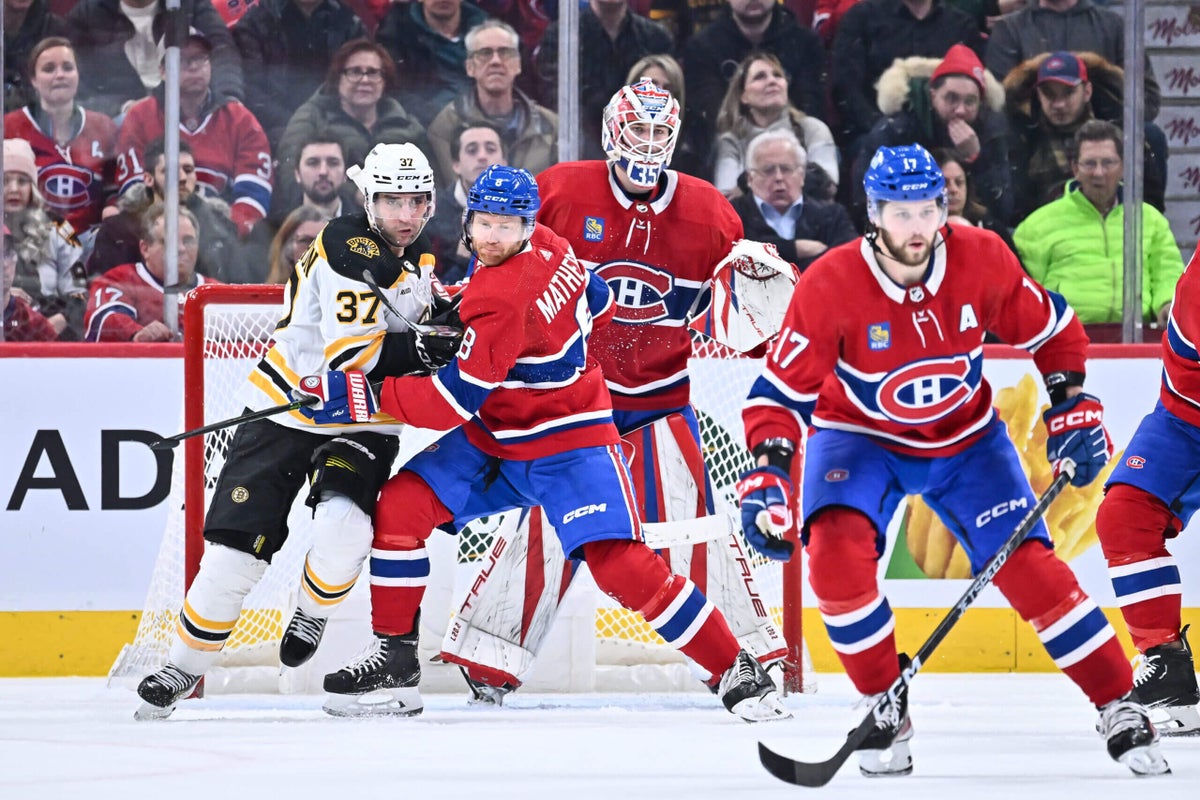The Montreal Canadiens are entering a season unlike any other in recent memory. After an unexpected surge into the Stanley Cup Playoffs last spring, the narrative has shifted. No longer the underdog simply aiming to prove doubters wrong, this squad now faces the weight of elevated expectations. The challenge? Proving the believers right – a considerably heavier burden.
The Shifting Landscape of Expectation
For a professional hockey team, few scenarios are as psychologically intriguing as the transition from an underdog to a contender. Last season, the Canadiens played with a certain freedom, exceeding external projections. This year, the script is flipped. The city of Montreal, renowned for its fervent hockey passion, now watches with a collective anticipation that is both a blessing and a potential curse. The market perception is clear: the Canadiens are a team on the rise, their core maturing, bolstered by strategic acquisitions.
This subtle, yet profound, shift in external pressure requires a distinct mental fortitude. It demands not just physical prowess but a refined psychological approach to every shift, every game, and indeed, the entire 82-game marathon. How will this group, many of whom are still relatively young, internalize this new reality?
Roster Reinforcement and Leadership Under the Spotlight
General Manager Kent Hughes has not been idle. The roster has seen thoughtful additions designed to fortify the team’s structure. Defenders like Noah Dobson bring critical puck-moving ability and a steady presence on the blue line. Up front, offensive talents such as Zachary Bolduc and the intriguing potential of Ivan Demidov promise to inject skill and depth. Further bolstering the lineup are new faces like Joe Veleno, Samuel Blais, and goaltender Kaapo Kahkonen, all contributing to a more robust and competitive unit.
At the helm, Captain Nick Suzuki carries not only the `C` but also the personal ambition of securing a spot on Team Canada`s Olympic roster. This dual objective – leading his club to sustained success while striving for individual international recognition – adds another layer of scrutiny and motivation. His performance will be a critical barometer for the team`s overall trajectory.
Lessons from Last Season`s False Start
The coaching staff, led by Martin St. Louis, with assistants Stephane Robidas and Trevor Letowski, will undoubtedly draw stark lessons from the previous season`s commencement. The Canadiens stumbled out of the gate, enduring one of the league`s worst starts. This was attributed not merely to misfortune, but to a perceived lack of the “extra effort” required to naturally progress. Significant injuries to key players like Patrik Laine and David Reinbacher during preseason compounded these issues, disrupting the team`s intended ramp-up.
The imperative this season is to avoid a repeat at all costs. This translates to an uber-competitive training camp, where every drill, every scrimmage, is treated with the gravity of a playoff game. Systems must be tightened, and accountability must be absolute, ensuring that early mistakes are corrected with precision and purpose. The luxury of a slow burn simply doesn`t exist.
The Compressed Calendar: An Olympic Hurdle
Adding another layer of complexity is the upcoming Olympic year. The NHL schedule will be far more compressed, demanding peak performance over shorter recovery periods. This technical constraint means that a “cold start” will be exponentially harder to overcome. There will be fewer opportunities to course-correct, less time for extensive practices, and an increased premium on immediate chemistry and consistent execution.
For a team aiming for the playoffs, this compressed calendar is not merely a scheduling quirk; it`s a strategic challenge. It necessitates a deep roster, exceptional physical conditioning, and an unwavering mental focus from day one. The ability to manage fatigue, prevent injuries, and maintain a high level of play throughout this demanding stretch will define their season.
Conclusion: The Defining Season
The Montreal Canadiens stand at a pivotal juncture. The foundation has been laid, the talent infused, and the lessons, hopefully, learned. The central question remains: Can they not just cope with, but truly thrive under, the weight of their newfound expectations? This season will test their character, their strategy, and their collective will. For fans and analysts alike, the unfolding narrative promises to be both compelling and highly scrutinized. The evaluation begins now.

